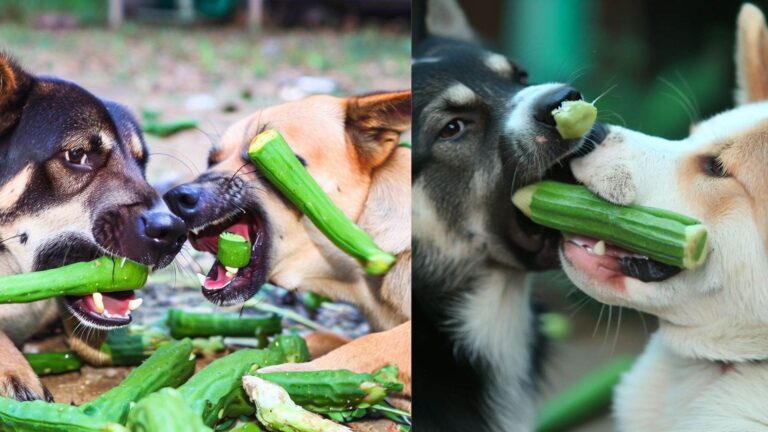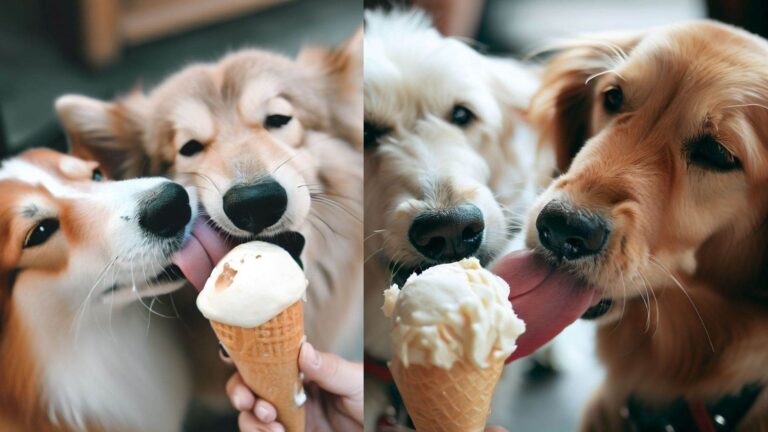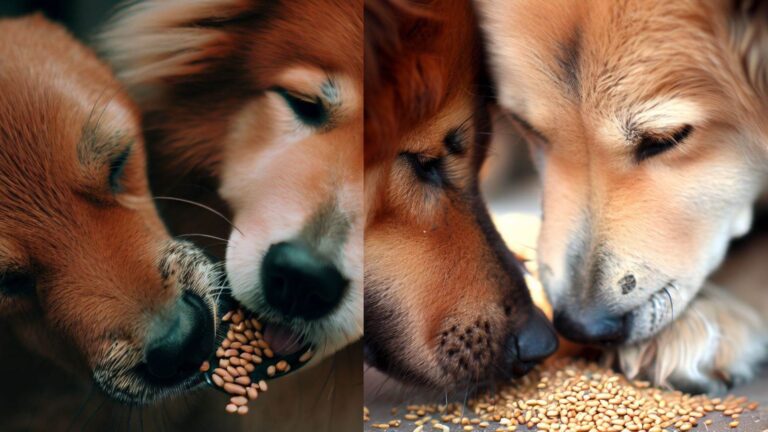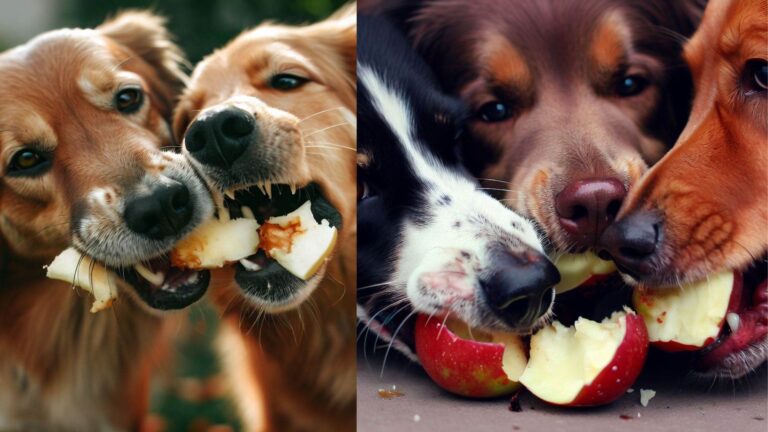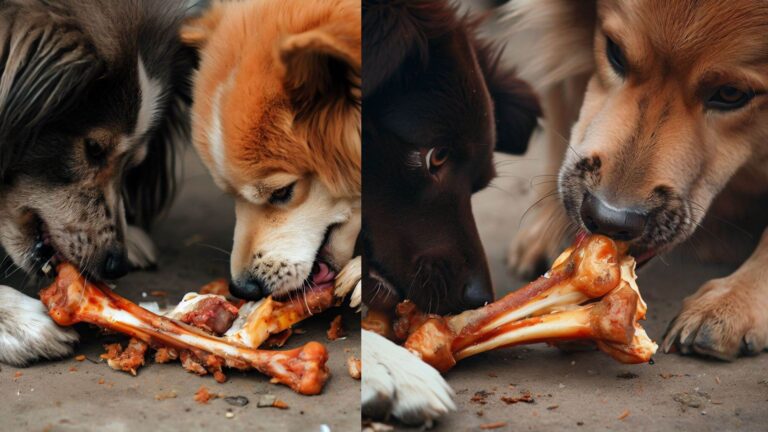As a responsible pet owner, it’s natural to question the safety and nutritional value of different foods for your furry friend. Chia seeds have gained popularity among health-conscious individuals for their numerous health benefits, but can they be included in a canine’s diet? In this blog, we’ll delve into the topic of whether dogs can eat chia seeds, exploring both the potential benefits and risks associated with their consumption.
Table of Contents
Understanding Chia Seeds
Chia seeds come from the plant Salvia hispanica, which is native to Central America. These tiny seeds are packed with nutrients and have been valued for their health properties. Chia seeds are an excellent source of omega-3 fatty acids, fiber, protein, antioxidants, and various vitamins and minerals.
Can Dogs Eat Chia Seeds?
Yes, dogs can eat chia seeds, but it’s important to follow the guidelines mentioned earlier to ensure their safety and proper digestion. Remember to start with small amounts, soak or grind the chia seeds, monitor for any adverse reactions, and consult with your veterinarian for specific recommendations based on your dog’s needs.
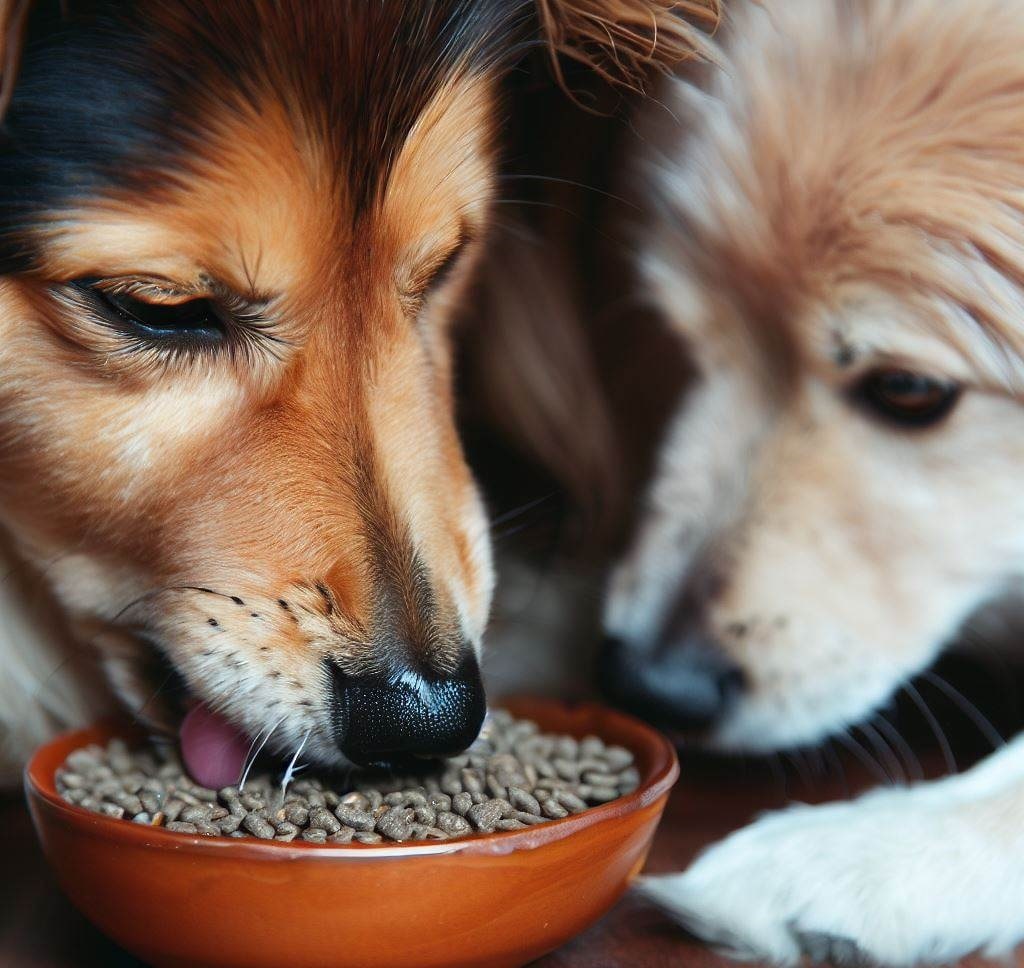
Potential Benefits for Dogs
While scientific research on the specific effects of chia seeds on dogs is limited, some pet owners and experts believe that they can offer certain benefits:
- Omega-3 Fatty Acids: Chia seeds are rich in omega-3 fatty acids, which benefit dogs’ skin, coat, and joint health. These essential fatty acids can help reduce inflammation and promote a shiny coat.
- Fiber: Chia seeds are high in dietary fiber, aiding digestion and regulating bowel movements. It may be particularly helpful for dogs with constipation or irregular bowel habits.
- Nutritional Boost: Chia seeds contain essential vitamins and minerals like calcium, phosphorus, magnesium, and antioxidants. Including small amounts in your dog’s diet could help supplement their nutrient intake.
Precautions and Potential Risks
While chia seeds offer potential benefits, it’s crucial to consider certain precautions and potential risks associated with their consumption:
- Quantity and Preparation: Chia seeds should only be given to dogs in small quantities and properly prepared. Dogs have different digestive systems than humans, and large amounts of chia seeds may cause digestive upset or blockages. It’s best to consult your veterinarian to determine an appropriate serving size for your dog’s size, breed, and overall health.
- Gelatinous Texture: When chia seeds come into contact with liquid, they form a gel-like substance. This gelatinous texture can pose a choking hazard or cause discomfort in dogs. It’s recommended to soak or grind the chia seeds before offering them to your pet.
- Allergies and Sensitivities: Dogs, like humans, can have allergies or sensitivities to certain foods. Although chia seeds are not commonly known to trigger allergies in dogs, it’s essential to introduce them gradually into your dog’s diet while monitoring for any adverse reactions.
- Potential Laxative Effect: Due to their high fiber content, chia seeds may have a laxative effect on some dogs. If your dog has a sensitive stomach or a history of gastrointestinal issues, it’s advisable to exercise caution and consult with your vet before introducing chia seeds.
How to Safely Feed Chia Seeds to Your Dog? Tips
Feeding chia seeds to your dog can be done safely by following these guidelines:
- Start with Small Amounts: Introduce a small quantity of chia seeds to your dog’s diet. This allows you to observe how your dog reacts to them and prevents overwhelming their digestive system. Start with just a sprinkle or a small pinch of chia seeds and gradually increase the amount over time if there are no adverse reactions.
- Consult with Your Veterinarian: Before adding chia seeds to your dog’s diet, it’s always a good idea to consult with your veterinarian. They can assess your dog’s needs and advise you on appropriate serving sizes, potential benefits, and any potential interactions with medications or existing health conditions.
- Soak or Grind the Chia Seeds: Chia seeds have a gelatinous texture when they come into contact with liquid. To make them easier to digest and prevent any choking hazards, soak the chia seeds in water or another dog-safe liquid before serving them. Alternatively, you can grind the chia seeds into a powder and mix them with your dog’s food.
- Monitor for Allergies or Digestive Issues: Keep a close eye on your dog after introducing chia seeds to their diet. Watch for any signs of allergies such as itching, swelling, or gastrointestinal issues like vomiting or diarrhea. If you notice any adverse reactions, discontinue feeding chia seeds and consult your veterinarian.
- Moderation is Key: Chia seeds should only be given to dogs in moderation. They are calorie-dense and can contribute to weight gain if given in excessive amounts. Stick to the recommended serving sizes and incorporate chia seeds as an occasional addition to your dog’s diet rather than a staple food.
- Consider Alternatives: While chia seeds can provide some health benefits, other options are specifically formulated for dogs. Omega-3 fatty acids, for example, can be obtained through fish oil supplements designed for canine consumption. These supplements ensure controlled and appropriate amounts of essential fatty acids without the need to introduce additional foods.
- Focus on a Balanced Diet: Remember that chia seeds should not replace a balanced and nutritionally complete diet formulated for dogs. Commercial dog food provides the necessary nutrients in appropriate proportions. Use chia seeds as a supplementary addition to their regular diet, focusing on the overall nutritional balance.
Read More: Can Dogs Eat Apple Cores?
FAQs
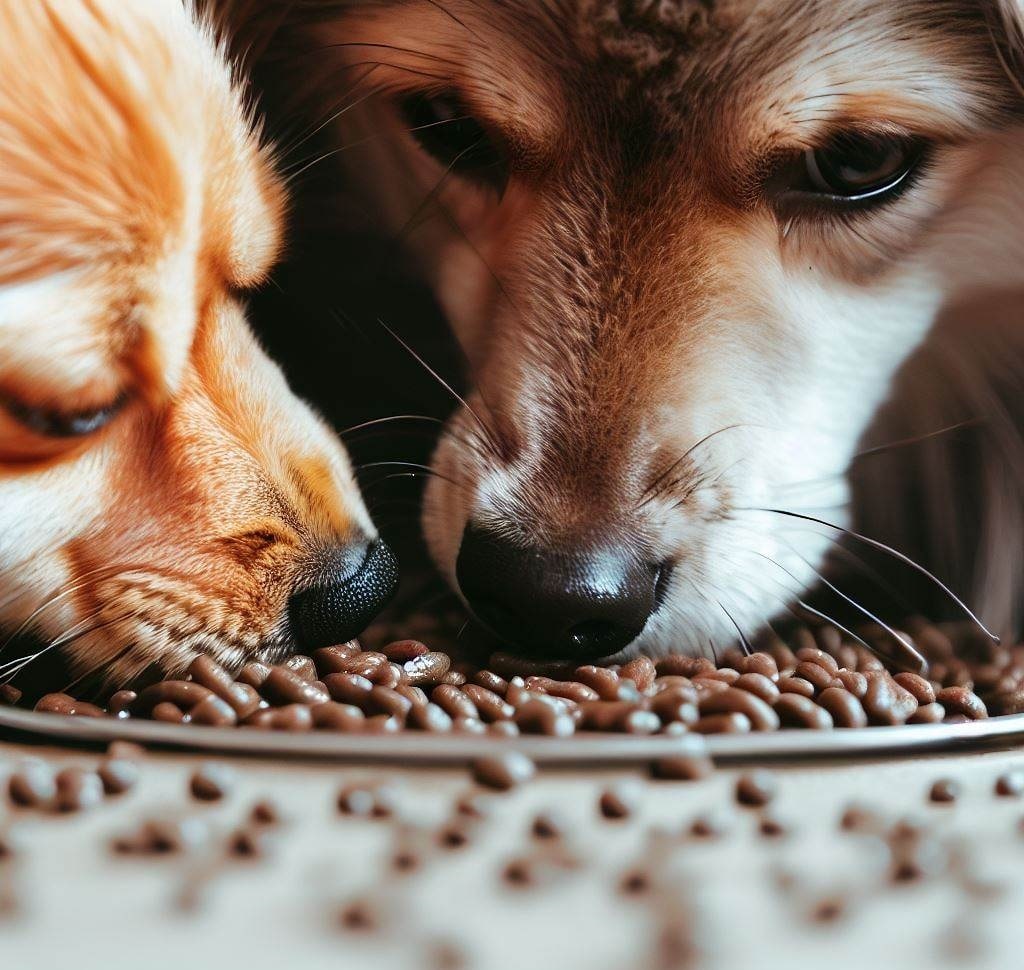
Are chia seeds safe for dogs?
When given in moderation and properly prepared, chia seeds are generally considered safe for dogs. However, dogs may have different sensitivities or allergies, so it is important to monitor their reaction when introducing chia seeds to their diet.
Are chia seeds toxic to dogs?
No, chia seeds are not considered toxic to dogs. However, if given in large amounts or without proper preparation, they can cause digestive issues or blockages. It’s best to consult with your veterinarian for specific recommendations.
How should I prepare chia seeds for my dog?
To make chia seeds easier to digest for dogs, it’s recommended to soak them in water or another liquid for about 15-20 minutes before feeding. This helps prevent the formation of a gel-like substance that may cause discomfort or choking hazards.
How many chia seeds can I give my dog?
The amount of chia seeds to give your dog depends on their size, breed, and overall health. As a general guideline, start with a small amount, such as 1 teaspoon per day for small to medium-sized dogs, and gradually increase if there are no adverse reactions. It’s best to consult with your veterinarian for appropriate serving sizes.
What are the benefits of chia seeds for dogs?
Chia seeds are a good source of omega-3 fatty acids, fiber, protein, antioxidants, vitamins, and minerals. They can support healthy skin, coat, and digestion and provide supplemental nutrients. However, scientific research on the specific effects of chia seeds on dogs is limited.
Can chia seeds replace my dog’s regular diet?
No, chia seeds should not replace a balanced and nutritionally complete diet formulated for dogs. Commercial dog food provides the necessary nutrients in appropriate proportions. Chia seeds should be used as a supplementary addition rather than a primary source of nutrition.
Conclusion
While chia seeds can offer potential health benefits to dogs, it’s important to exercise caution and moderation when incorporating them into their diet. Before introducing chia seeds, consult with your veterinarian to ensure they are appropriate for your dog’s specific needs and health condition.
Remember, a well-balanced diet formulated for dogs, consisting of high-quality commercial dog food, is usually sufficient to meet their nutritional requirements.
Disclaimer: This blog post is for informational purposes only and should not be considered a substitute for professional veterinary advice. Always consult with your veterinarian before making any changes to your dog’s diet or introducing new foods.

